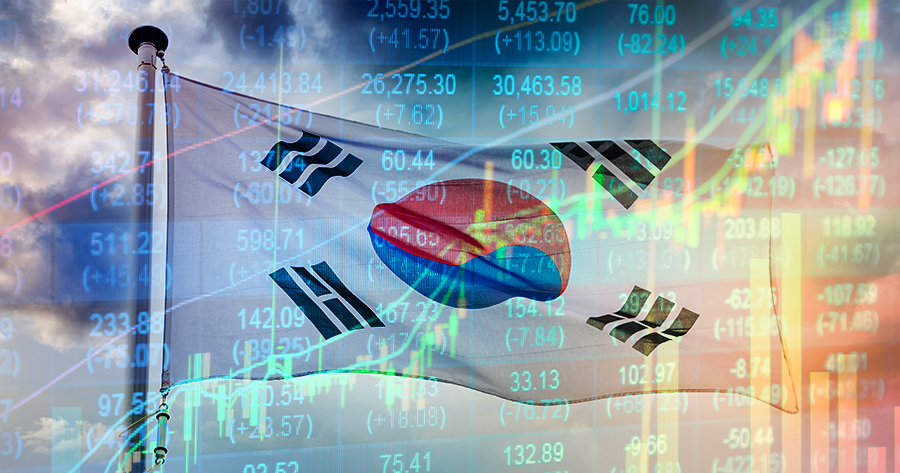South Korea’s annualized inflation for November came in at 5%, slightly lower than Reuters poll estimations for 5.1%. The latest reading marks the slowest pace since April and also a drop from 5.7% in October and a 24-year high of 6.3% in July.
Amid rising inflation, the Bank of Korea has been raising rates since August last year for a total of 275 basis points to 3.25%, a decade high.
However, Governor Rhee Chang-yong of Korea’s central bank noted that it could adjust the pace of interest rate hikes if needed.
According to the data released on Friday, the main contribution of this slowdown in November was due to agricultural products that fell 2.0% over a year on improved supply conditions, while petroleum products dropped from 10.7% in October to 5.6%.
Meanwhile, core inflation ticked up to 4.3% in November from 4.2% in October.
Still, the central bank expected inflation to remain around 5% until early next year, which is well-over its inflation target of 2.50% – 3.50%.





